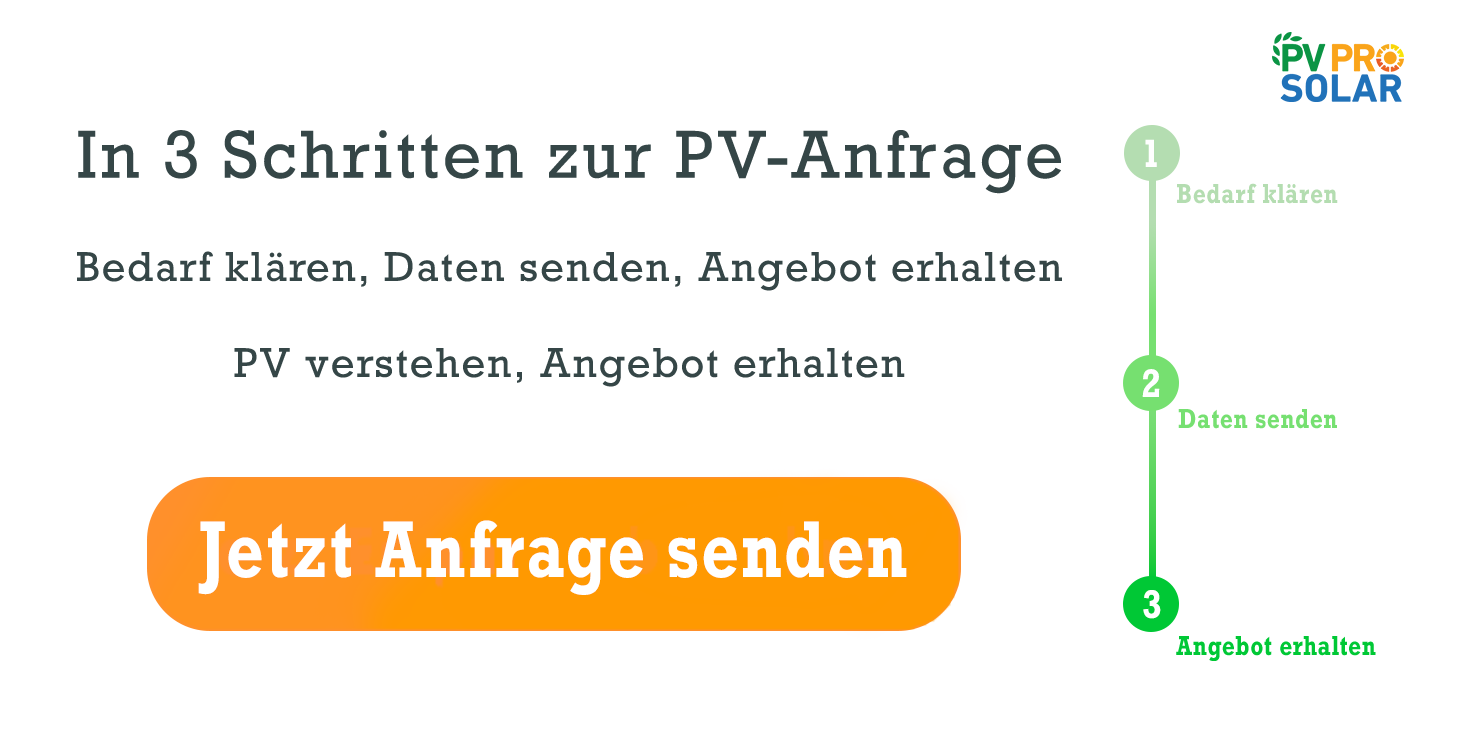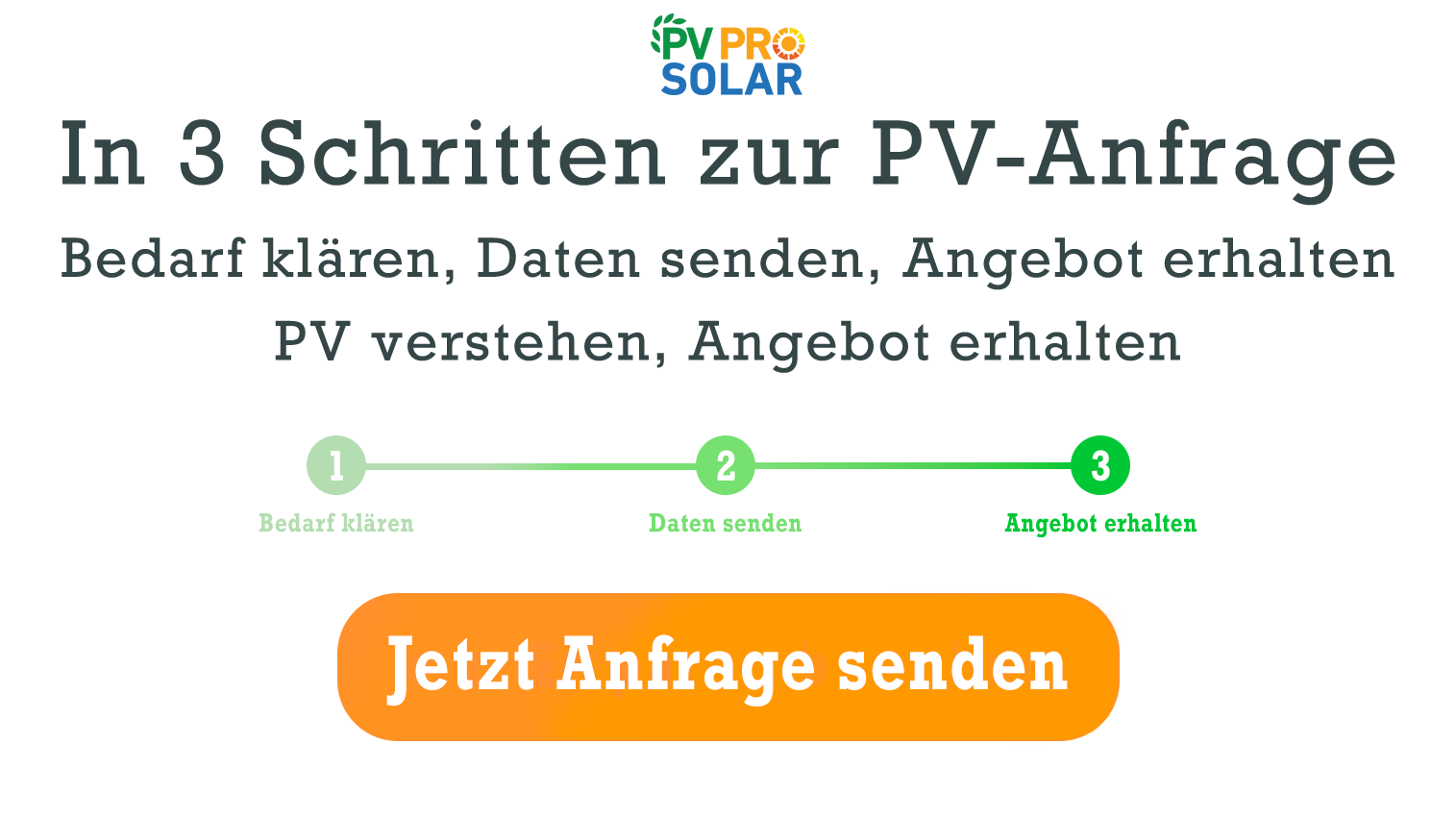Energy Storage Germany: How Modern Storage Solutions Are Shaping the Energy Future?
Germany’s energy system is evolving faster than ever before. As renewable energy sources break new records year after year, there is a growing and urgent need for stable and flexible energy storage technologies. This is precisely where energy storage in Germany plays a pivotal role—not just as a supplement to solar PV systems and wind power, but as a cornerstone of a secure and independent energy supply.
Why Energy Storage Has Become Essential for Germany?
With the rapid expansion of renewable energy, the country’s electricity supply increasingly relies on weather-dependent and fluctuating sources. As a result, the conversation around energy storage in Germany has gained significant momentum. Modern storage technologies enable:
- Load peak balancing
- Utilization of surplus renewable energy
- Relief for the power grid
- Increased self-consumption rates in residential PV systems
- Reliable energy supply for industry, businesses, and municipalities
This growing demand is not only driving the market forward—it’s also raising the bar for what today’s systems must deliver, particularly in terms of capacity, performance, and affordability.
Energy Storage Germany Statistics: How Fast Is the Market Growing?
Market data on energy storage Germany clearly points to a booming trend. Residential battery storage, in particular, has seen explosive growth. Key drivers include:
- Rising electricity prices
- Attractive government incentive programs
- Strong consumer interest in energy independence
- Integration of electric vehicles and heat pumps
- Falling costs for battery storage systems
Large-scale storage facilities are also on the rise. German states such as Bavaria, Brandenburg, and Lower Saxony are investing heavily in energy storage on Germany’s grid to ease grid congestion and stabilize local power supply fluctuations.
What Is Germany’s Current Energy Storage Capacity?
Over recent years, energy storage has multiplied its capacity in both the residential and commercial sectors. Lithium-ion batteries dominate the market due to their:
- Longevity
- High efficiency
- Scalable flexibility
- Grid-friendly functionality
At the same time, alternative storage technologies are emerging, such as:
- Redox flow batteries
- Hydrogen storage
- Thermal storage
- Compressed air and flywheel storage
This diversity reflects one key insight: energy storage demand in Germany cannot be met by one technology alone—a mix of solutions is essential.
Germany’s Largest Energy Storage Projects: Leading Examples of Innovation
Anyone exploring the topic quickly encounters the question: What is the largest energy storage system in Germany? In recent years, several pioneering projects have underscored just how seriously Germany is taking grid stability.
Typical large-scale storage systems offer:
- Double-digit megawatt-hour capacities
- Ultra-fast response times for grid balancing
- Combined operational models (e.g., frequency regulation, peak shaving, and energy trading)
These systems are critical for maintaining grid stability as the share of variable renewable energy continues to rise.
Key Manufacturers Shaping the Market
The energy storage Germany sector features a wide range of players, from established corporations to dynamic startups. Germany is considered a global leader—especially in the development of high-quality lithium battery systems for both residential and industrial use.
Manufacturers are increasingly focused on:
- Efficiency and safety
- Modular storage architectures
- Smart software integration
- Digital energy management systems
For end users, this translates to greater choice, competitive pricing, and continually improving system performance.
Energy Storage Market Germany: Where Do We Stand Today?
The energy storage market in Germany is at a historic peak. Demand is soaring in both private housing and the commercial sector. The main driving forces:
1. The Energy Transition
Germany’s shift away from fossil fuels demands a new energy logic—with storage technologies as a central component.
2. Growth in Solar PV Installations
Record-breaking solar expansion is automatically boosting the need for storage systems.
3. E-Mobility
Electric vehicles are increasingly used as mobile energy storage units, which can help ease pressure on the grid—a trend that will continue to raise energy storage demand in Germany.
4. Commercial Sector
More and more companies are investing in energy management systems to reduce peak loads and optimize energy costs.
Why Energy Storage Is More Critical Now Than Ever Before?
When it comes to energy storage Germany today, the answer is clear: the country is undergoing a major transformation. Without storage:
- The risk of blackouts would be higher
- Grids would face increased stress
- Renewable energy would be less efficient
- Self-consumption levels would be significantly lower
Thanks to cutting-edge storage technologies, however, the energy transition is not only achievable—it’s economically viable.
What’s Next for Storage Expansion in Germany?
Experts anticipate continued robust growth in energy storage Germany expansion. Key factors driving this trend include:
- New EU regulations to ensure grid stability
- Integration of heat pumps
- Growing desire for energy independence
- Evolution of electricity pricing models
- Strong demand from the commercial sector
Local governments are also increasingly turning to neighborhood storage solutions and smart microgrids.
Challenges on the Road to a Nationwide Storage Infrastructure
Despite impressive progress, several challenges remain:
- High upfront investment for large-scale storage projects
- Complex approval and permitting processes
- Need for grid-compatible technical standards
- Limited availability of raw materials
Even so, the momentum is unstoppable—and the positive energy storage Germany statistics underscore this clearly.
What Role Does Industry Play in the Expansion?
Industry is one of the primary drivers of the energy storage market Germany, as many companies aim to:
- Reduce long-term energy costs
- Achieve CO₂ neutrality
- Ensure operational stability in the face of grid volatility
Energy storage helps offset the intermittency of renewables while boosting the resilience of business operations.
Energy Storage and Solar PV: A Powerful Partnership
With Germany’s booming solar sector, energy storage demand is set to increase dramatically. More and more households are combining solar PV with home battery systems to:
- Maximize self-consumption
- Enhance energy independence
- Avoid costly peak loads
This trend benefits not only consumers but the entire energy grid.
Energy Storage: The Key to Germany’s Energy Future
The importance of storage technologies grows by the day. They are the enablers of an energy supply that is:
- Clean
- Stable
- Affordable over the long term
- Independent
In this way, energy storage Germany forms the foundation of tomorrow’s sustainable energy infrastructure.
Germany stands at a pivotal moment in its energy transition—and advanced energy storage is the engine driving this progress. Whether you’re a private customer, business, or municipality, PVPro Solar offers professional consulting, high-quality storage solutions, and tailored concepts to help you take the next step toward energy independence and efficiency.
Visit PVPro Solar GmbH today for a personalized consultation and discover how modern storage systems can empower your energy future.
Energy storage stabilizes the grid, balances fluctuations, and boosts the use of renewable energy.
Lithium-ion batteries are the most widespread, followed by redox-flow, thermal, and hydrogen-based systems.
Storage capacity is growing rapidly, especially in the residential PV sector and large battery parks.
Yes, several federal states and support programs offer incentives for both private and commercial storage projects.
Home batteries increase self-consumption, lower energy costs, and improve household energy independence. Why is energy storage so important in Germany?
What storage technologies are most commonly used in Germany?
What is the current energy storage capacity in Germany?
Are there subsidies for energy storage systems?
What role do home storage systems play?










